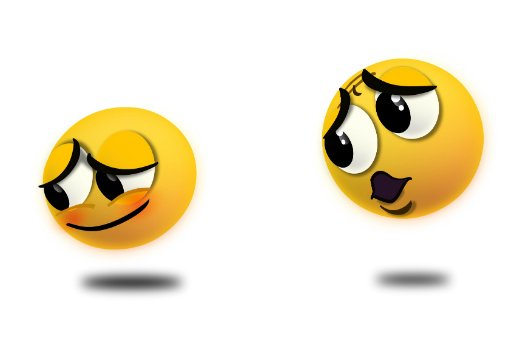It’s well known that communicating online is not as rich as communicating face to face. You lack the audio visual clues that come with talking physically to someone, and this can often lead to misunderstandings. In the corporate world where clarity is important, that’s not good.
For most of the last 10-15 years, emoticons have attempted to help provide greater context to our written words online. A smiley face or a wink can defer the tone we intend for a particular message. By and large this works reasonably well, but of course it’s hard to escape the idea that the humble emoticon is a bit too childish to have a place in the serious world of commerce.
An interesting collaboration between Facebook and Berkeley university may help to shift your opinion a little. Facebook teamed up with psychology professor Dacher Keltner to attempt to make emoticons better and more reflective of the actual emotions we experience.
“This all began we were looking at the kind of issues people were reporting to Facebook,” Facebook engineer Arturo Bejar said in a recent interview. “The reports had to do with things Facebook didn’t need to act on, but things people should address–what should happen when you say something that’s upsetting to me or put up a photo I didn’t like?”
They wanted to make people just a little bit kinder to each other, both for altruistic reasons but also to cut down on support requests for things outside of their control.
The result has been seen within the recent Facebook Stickers update. The new emoticons were designed by Matt Jones, a Pixar illustrator who worked with Keltner to come up with his creations. The aim was to make the emoticons more accurate representations of our faces when experiencing different emotions.
They wanted also to capture some of the emotions that have historically been difficult to capture in emoticon form, such as sympathy or embarrassment.
To help achieve this they wanted to make the emoticons dynamic images rather than static ones. The movement before and after the actual expression helps to create context and understanding.

I do like emoticons, but most of the forums I've been on have had pretty good ones for most purposes anyway. Not sure a new breed are needed.
It is nice to read you post and you give us many valid points about Facebook emoticons. Please keep posting such kind of stuff.